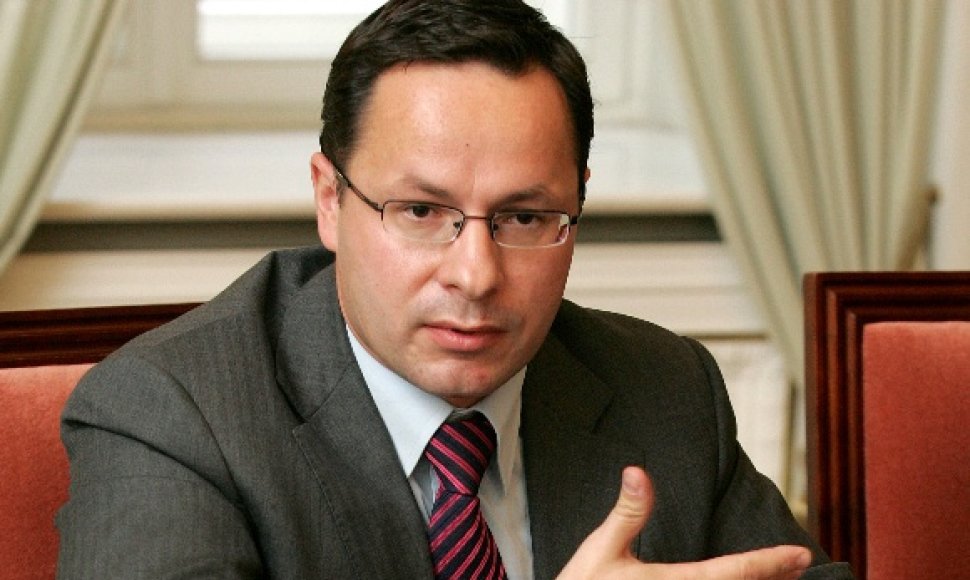In an interview to BNS on Wednesday, Ambassador Žygimantas Pavilionis said a rise in US export might lead to changes on the global geopolitical map. The talks might get a key role on the Lithuanian EU Presidency's agenda.
"There are internal provisions in America that they only export gas to countries they have free trade agreements with, let's say, Colombia or Korea," Pavilionis said.
"If we manage to negotiate a free and deep trade agreement between America and Europe by creating the largest trade block in the world, then, with no doubt, opportunities should open up for gas export to Europe," the Lithuanian diplomat said.
In his words, the US is currently at the center of an active discussion on how fast gas export should be liberalized. It follows a rise in the production of shale gas.
"There's a certain initiative by senators in the Congress, certain bills have been submitted in an effort to open up the door for the gas sector. These are related to interests of the gas production sector. The gas price in America is very low, especially compared to our cosmic prices," Pavilionis said.
The Lithuanian ambassador drew attention to "comments by some political scientists that this time America might change the world with so-called soft measures, namely, with gas export."
"If there was indeed a rise in gas export from America, it might change the geopolitical map," Pavilionis said.
EU-US free trade talks might start this year before the Lithuanian EU Presidency or during it.
Earlier this week, US Ambassador to Lithuania Deborah A. McCarthy said that "the US government is very supportive of a successful Lithuanian EU Presidency, and we are looking forward to engaging in negotiations on the Transatlantic Trade and Investment Partnership as well."
The Transatlantic Trade and Investment Partnership is an ambitious, all-round and high-level agreement which could significantly expand trade and investments between the United States and the European Union.
The TTIP is an ambitious, comprehensive, and high-standard agreement that could significantly expand trade and investment between the United States and the European Union. Negotiations are set to begin during the Lithuanian EU Presidency, once the 90 day consultation period with US Congressional committees, the private sector, environmental and labor groups, and other stakeholders concludes, the US Embassy says in a statement.












